RECESSION CONSUMPTION AMID INFLATION
입력 2022.10.17 (15:06)
수정 2022.10.17 (16:45)
읽어주기 기능은 크롬기반의
브라우저에서만 사용하실 수 있습니다.
[Anchor Lead]
People are spending less as prices continue to soar. They put off buying things they don't need and don't mind purchasing household essentials with flaws if they are cheap. Such frugal spending is likely to spread in the age of high inflation.
[Pkg]
From bruised persimmons to pockmarked apples these flawed fruits are pushed out of the main stands. But they are discounted by up to 60 percent.
[Soundbite] Kim Yeong-suk(Seoul Resident) : "There’s nothing wrong with them. They taste the same and some blemished fruits even taste better."
Sales records of these flawed products sold at large supermarkets demonstrate that frugal consumption is on the rise. One supermarket saw its sales of blemished fruits more than triple since last year. At another supermarket, imperfect radishes sold about 70% more than ordinary ones last month. Stores that sell only returned goods are also popular. Clothes cost 3,000 won and a pair of shoes only 5,000 won.
[Soundbite] Park Gyeong-ae(Paju Resident) : "I came because I was told that 10 pairs of shoes cost less than one pair elsewhere. A normal pair costs between 50,000 won to 100,000 won."
This store selling shampoo in defective bottles or refurbished items saw its sales in the second half increase 20% compared to last year.
[Soundbite] Lee Chan-hee(Discount store employee) : "Customers used to prefer new products. But now with inflation more people choose refurbished products."
Amid high inflation, consumers postpone buying non-essentials like household appliances while shopping for the cheapest possible necessities. Such recession-type consumption is on the rise.
[Soundbite] Prof. Kim Min-jung(Sookmyung Women’s Univ.) : "People inevitably have to shop for low-priced items if they want to optimize their spending within limited expense allowances."
Among the Consumer Sentiment Index issued by the Bank of Korea, there is an index that forecasts spending six months later. That index has been declining for four straight months. Consumers responded that they would not be spending money on most items except on fixed expenditures, such as medical, transport and communication fees.
People are spending less as prices continue to soar. They put off buying things they don't need and don't mind purchasing household essentials with flaws if they are cheap. Such frugal spending is likely to spread in the age of high inflation.
[Pkg]
From bruised persimmons to pockmarked apples these flawed fruits are pushed out of the main stands. But they are discounted by up to 60 percent.
[Soundbite] Kim Yeong-suk(Seoul Resident) : "There’s nothing wrong with them. They taste the same and some blemished fruits even taste better."
Sales records of these flawed products sold at large supermarkets demonstrate that frugal consumption is on the rise. One supermarket saw its sales of blemished fruits more than triple since last year. At another supermarket, imperfect radishes sold about 70% more than ordinary ones last month. Stores that sell only returned goods are also popular. Clothes cost 3,000 won and a pair of shoes only 5,000 won.
[Soundbite] Park Gyeong-ae(Paju Resident) : "I came because I was told that 10 pairs of shoes cost less than one pair elsewhere. A normal pair costs between 50,000 won to 100,000 won."
This store selling shampoo in defective bottles or refurbished items saw its sales in the second half increase 20% compared to last year.
[Soundbite] Lee Chan-hee(Discount store employee) : "Customers used to prefer new products. But now with inflation more people choose refurbished products."
Amid high inflation, consumers postpone buying non-essentials like household appliances while shopping for the cheapest possible necessities. Such recession-type consumption is on the rise.
[Soundbite] Prof. Kim Min-jung(Sookmyung Women’s Univ.) : "People inevitably have to shop for low-priced items if they want to optimize their spending within limited expense allowances."
Among the Consumer Sentiment Index issued by the Bank of Korea, there is an index that forecasts spending six months later. That index has been declining for four straight months. Consumers responded that they would not be spending money on most items except on fixed expenditures, such as medical, transport and communication fees.
■ 제보하기
▷ 카카오톡 : 'KBS제보' 검색, 채널 추가
▷ 전화 : 02-781-1234, 4444
▷ 이메일 : kbs1234@kbs.co.kr
▷ 유튜브, 네이버, 카카오에서도 KBS뉴스를 구독해주세요!
- RECESSION CONSUMPTION AMID INFLATION
-
- 입력 2022-10-17 15:06:10
- 수정2022-10-17 16:45:05
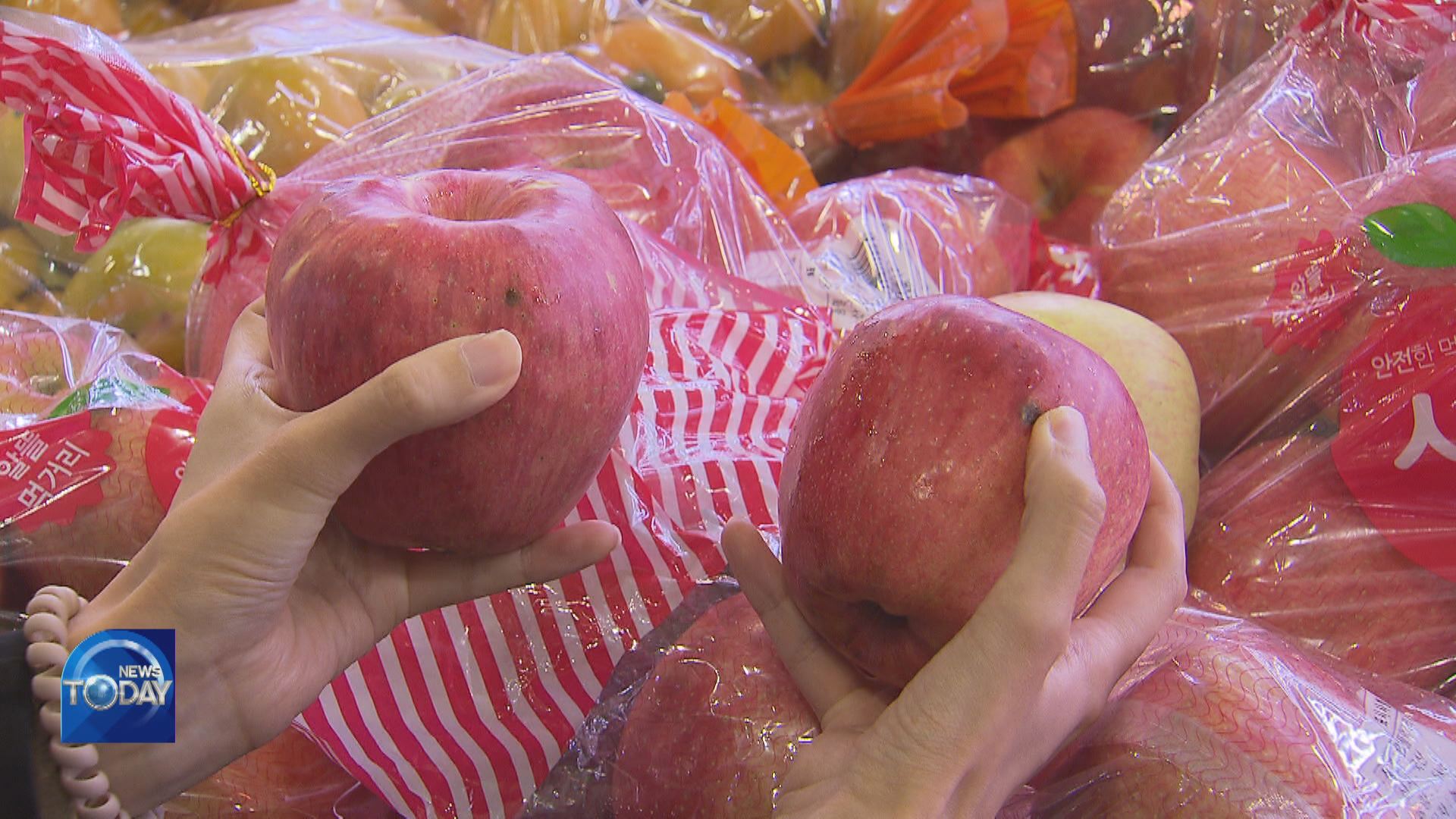
[Anchor Lead]
People are spending less as prices continue to soar. They put off buying things they don't need and don't mind purchasing household essentials with flaws if they are cheap. Such frugal spending is likely to spread in the age of high inflation.
[Pkg]
From bruised persimmons to pockmarked apples these flawed fruits are pushed out of the main stands. But they are discounted by up to 60 percent.
[Soundbite] Kim Yeong-suk(Seoul Resident) : "There’s nothing wrong with them. They taste the same and some blemished fruits even taste better."
Sales records of these flawed products sold at large supermarkets demonstrate that frugal consumption is on the rise. One supermarket saw its sales of blemished fruits more than triple since last year. At another supermarket, imperfect radishes sold about 70% more than ordinary ones last month. Stores that sell only returned goods are also popular. Clothes cost 3,000 won and a pair of shoes only 5,000 won.
[Soundbite] Park Gyeong-ae(Paju Resident) : "I came because I was told that 10 pairs of shoes cost less than one pair elsewhere. A normal pair costs between 50,000 won to 100,000 won."
This store selling shampoo in defective bottles or refurbished items saw its sales in the second half increase 20% compared to last year.
[Soundbite] Lee Chan-hee(Discount store employee) : "Customers used to prefer new products. But now with inflation more people choose refurbished products."
Amid high inflation, consumers postpone buying non-essentials like household appliances while shopping for the cheapest possible necessities. Such recession-type consumption is on the rise.
[Soundbite] Prof. Kim Min-jung(Sookmyung Women’s Univ.) : "People inevitably have to shop for low-priced items if they want to optimize their spending within limited expense allowances."
Among the Consumer Sentiment Index issued by the Bank of Korea, there is an index that forecasts spending six months later. That index has been declining for four straight months. Consumers responded that they would not be spending money on most items except on fixed expenditures, such as medical, transport and communication fees.
People are spending less as prices continue to soar. They put off buying things they don't need and don't mind purchasing household essentials with flaws if they are cheap. Such frugal spending is likely to spread in the age of high inflation.
[Pkg]
From bruised persimmons to pockmarked apples these flawed fruits are pushed out of the main stands. But they are discounted by up to 60 percent.
[Soundbite] Kim Yeong-suk(Seoul Resident) : "There’s nothing wrong with them. They taste the same and some blemished fruits even taste better."
Sales records of these flawed products sold at large supermarkets demonstrate that frugal consumption is on the rise. One supermarket saw its sales of blemished fruits more than triple since last year. At another supermarket, imperfect radishes sold about 70% more than ordinary ones last month. Stores that sell only returned goods are also popular. Clothes cost 3,000 won and a pair of shoes only 5,000 won.
[Soundbite] Park Gyeong-ae(Paju Resident) : "I came because I was told that 10 pairs of shoes cost less than one pair elsewhere. A normal pair costs between 50,000 won to 100,000 won."
This store selling shampoo in defective bottles or refurbished items saw its sales in the second half increase 20% compared to last year.
[Soundbite] Lee Chan-hee(Discount store employee) : "Customers used to prefer new products. But now with inflation more people choose refurbished products."
Amid high inflation, consumers postpone buying non-essentials like household appliances while shopping for the cheapest possible necessities. Such recession-type consumption is on the rise.
[Soundbite] Prof. Kim Min-jung(Sookmyung Women’s Univ.) : "People inevitably have to shop for low-priced items if they want to optimize their spending within limited expense allowances."
Among the Consumer Sentiment Index issued by the Bank of Korea, there is an index that forecasts spending six months later. That index has been declining for four straight months. Consumers responded that they would not be spending money on most items except on fixed expenditures, such as medical, transport and communication fees.
이 기사가 좋으셨다면
-
좋아요
0
-
응원해요
0
-
후속 원해요
0










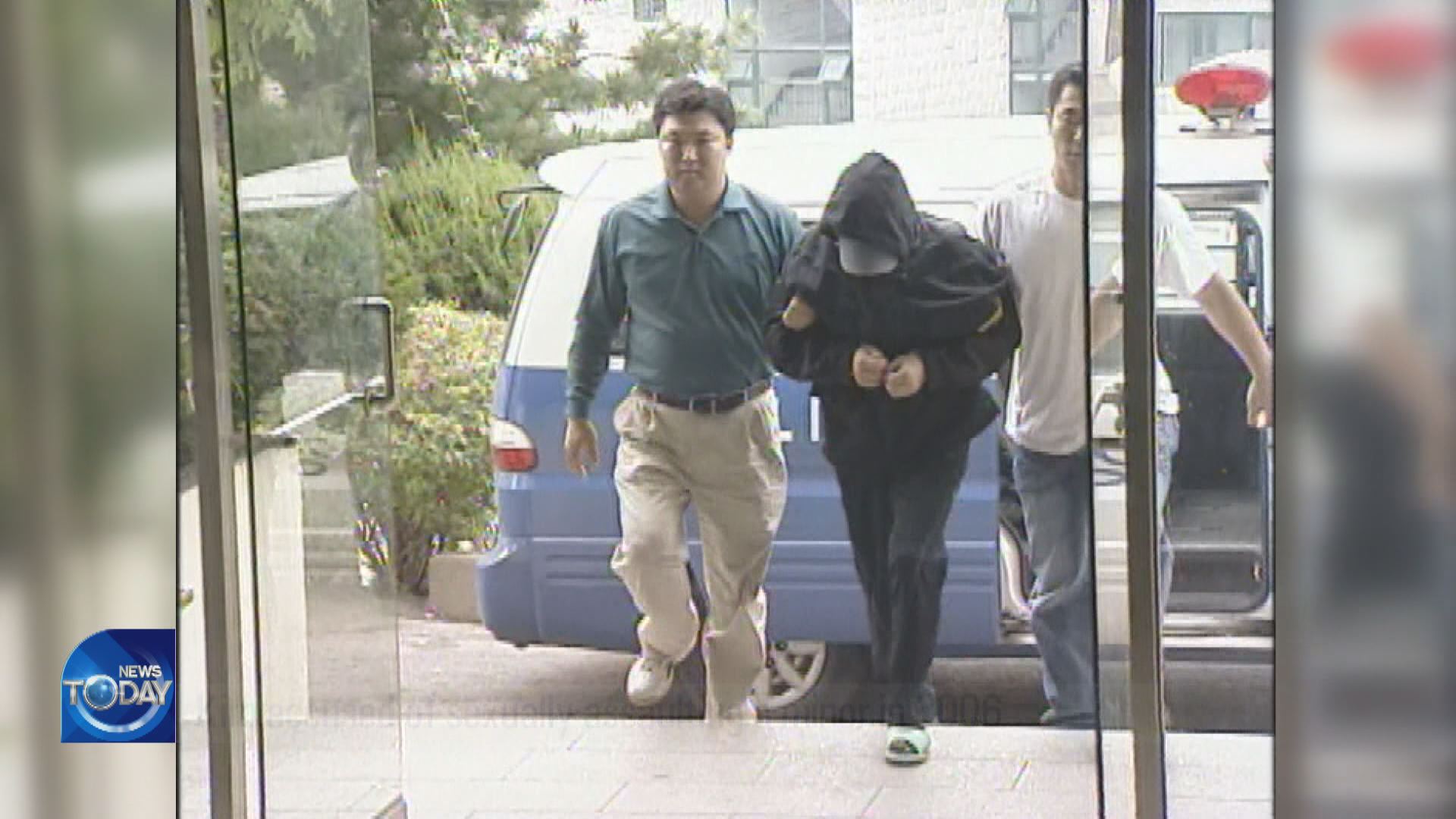
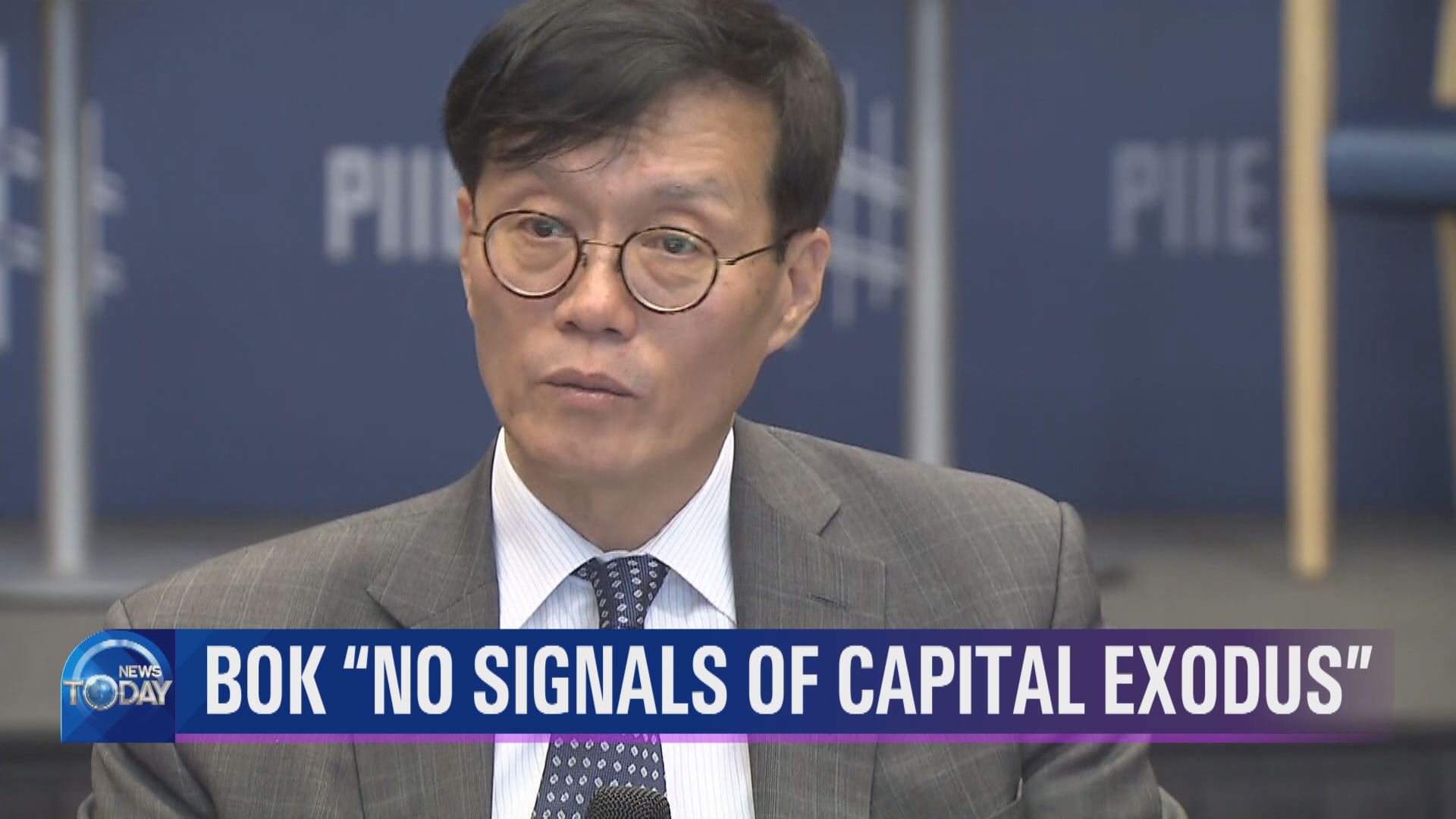
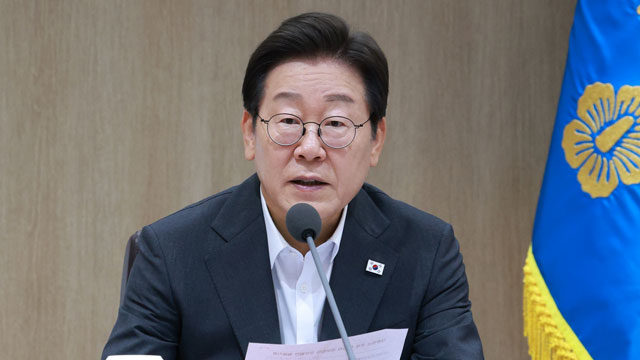
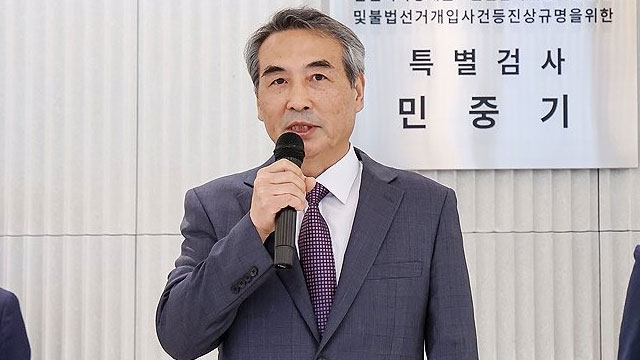
![[단독] 위성락 실장 “전작권 협상 카드 아냐…카드로 써서도 안 돼”](/data/layer/904/2025/07/20250713_uwNBPL.jpg)
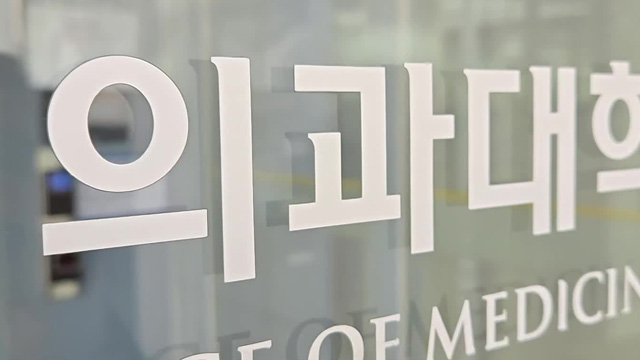

이 기사에 대한 의견을 남겨주세요.